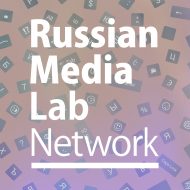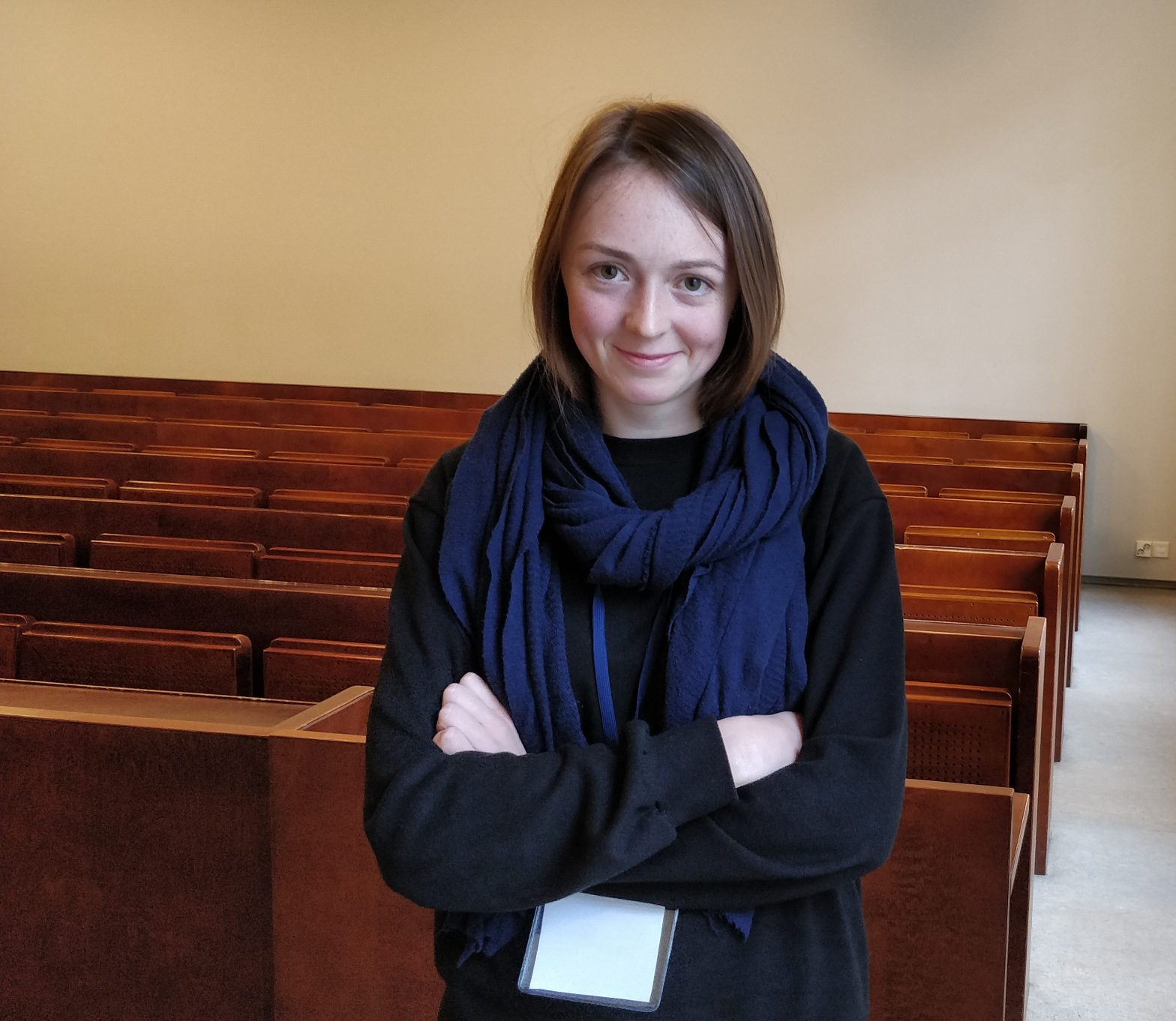by Janne Suutarinen & Olga Dovbysh
Young scholars and early career researchers have less opportunities than more experienced ones to talk about their research to general public. Our blog aims to improve this inequality: today we present new format “Interview with young scholar” where we give voice to BA, MA and PhD students. They will talk about their research and ponder about media freedom and independence in Russia.
Alexandra Barmina a sociologist, holding an MA degree from the Central European University. Her work is placed on the intersection of such research fields as labor studies, political sociology, economic sociology, state theory and cultural studies.
In October 2018, Barmina presented her study “Labor of Independent Journalists in Russia: Doubly Precarious Employment?” in the annual Aleksanteri Conference.
What are the main findings of your research?
Basically, the finding of this research is that the labour of independent journalists in Russia is precarious – not only in terms of the formal foundations of their employment as it is usually discussed in theory but also because of the political system and regime that exists in Russia, which puts some constraints on their work.
The political dimension of precarity, which I introduce, is identified by journalists as the dominant kind of insecurity they face during their daily work. Whereas the economic dimension of precarity, which in theory is generally considered the most important one, tends to be acknowledge and the political precarity neglected. It is possible that I’m not aware of this theory.
The thing is that labour relations are mostly investigated by Marxist scholars who aim to see how the neoliberal economic regime impacts employment and workers. As far as I know, in labour studies there are not many voices taking into consideration the political dimension and the regime’s impact on individual workers. Journalists as cultural or creative workers are in the Western academia largely investigated in the material perspective.
You state that authoritarian regime creates political precarity. How does this happen?
There are several ways in which the state apparatus can affect individual workers through influencing and through changing the rules of the game in the place of employment. The state issues new laws as well as change the law under which media must function. The new legislation might complicate the free functioning of independent media.
On the other hand, what happens and has been happening especially since 2014–2016 is that the ownership structure in the media is under great transformation. Significant share of the federal level big and famous media outlets have changed the owners, as my informants say: “under the pressure of Kremlin”. This is what the people from the industry tell me. Under the Kremlin’s pressure, the ownership structure of media changes; as a result, the editing policy changes; as a result, people who want to continue doing investigations, write about Putin, about the church or about the political establishment, are dismissed and lose their jobs. The pressure might also push the journalist to resign by herself.
The informants I have been in contact with see that this big transformation caused by the authoritarian regime is not so directly impacting them, but the industry is being changed so much that they cannot find a job. Investigative journalists are being threatened, or what we have also had to witness, even killed. Some of my informants told me that they were beaten in elevators. One of my informants was doing investigation in Chechnya, and the bus on which he came there was set on fire. Stories like this are everywhere.
How would you define “free media” and what is its current situation in Russia like?
I would say that free media is not censored in some way and can publish whatever they want, as long as it doesn’t violate for instance common decency. I guess that all my research in some way demonstrates that media is not free in Russia, because particular outlets are restricted from publishing whatever they want.
Other dimension of ‘free media’ is that it doesn’t serve some interest. Having that in mind, I cannot say that the dominant part of Russian media is free because they serve Kremlin’s interest in this or that way.
How does the future of Russian media look like?
It depends on how stable the current political establishment is and how long it will reign. Now it seems that there is a trend of escalating the pressure on independent media. I would guess that goes on at least until the end of Putin’s presidency, maybe even longer. It is highly probable the oppression of critical and liberal media will continue in different forms.
There are two comments I would like to make. Firstly, several media outlets are beneficial for the securing the political establishment’s power: Novaya Gazeta and Echo Moskvyi for instance. I can say for sure, that in case Putin is told “there is no free press in Russia because you are putting such pressure on it”, he can respond that there are for example these two that can write whatever they want. In that way it is convenient for the establishment to have this media.
On the other hand, the other media outlets are adapting to the current situation and taking new forms. We know the story of Meduza who just left Russia, and now they are doing their journalistic work in Latvia. If we think positively, there are some loopholes which media managers can find and continue operating. It is a huge effort to exist as a truly independent media.

